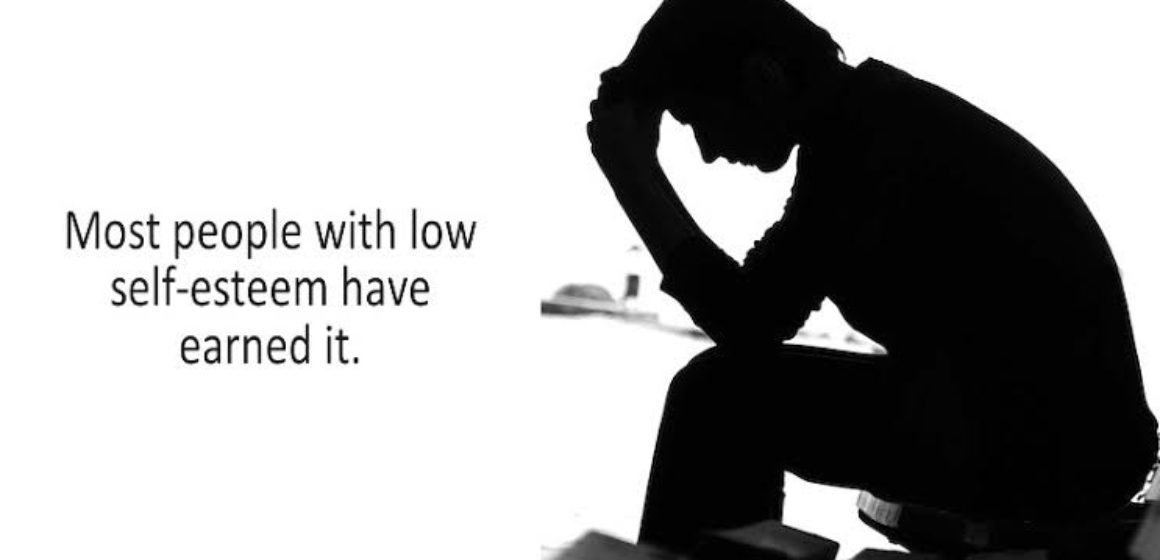Tips on How to Improve Your Self-esteem
When it comes to your self-esteem, only one opinion truly matters — your own. And even that one should be carefully evaluated; we tend to be our own harshest critics.
Glenn R. Schiraldi describes healthy self-esteem as a realistic, appreciative opinion of oneself.
“Unconditional human worth assumes that each of us is born with all the capacities needed to live fruitfully, although everyone has a different mix of skills, which are at different levels of development.”
Glenn R. Schiraldi
Glenn R. Schiraldi emphasizes that core worth is independent of externals that the marketplace values, such as wealth, education, health, status or the way one has been treated.
Some navigate the world and relationships searching for any bit of evidence to validate their self-limiting beliefs. Much like judge and jury, they constantly put themselves on trial and sometimes sentence themselves to a lifetime of self-criticism.
Following are steps you can take to increase your feelings of self-worth;
1. Be mindful.
We can’t change something if we don’t recognize that there is something to change.
By simply becoming aware of our negative self-talk, we begin to distance ourselves from the feelings it brings up. This enables us to identify with them less. Without this awareness, we can easily fall into the trap of believing our self-limiting talk.
“Don’t believe everything you think. Thoughts are just that — thoughts.”
Allan Lokos
As soon as you find yourself going down the path of self-criticism, gently note what is happening, be curious about it, and remind yourself, “These are thoughts, not facts.”
2. Change the story.
We all have a narrative or a story we’ve created about ourselves that shapes our self-perceptions, upon which our core self-image is based. If we want to change that story, we have to understand where it came from and where we received the messages we tell ourselves.
3. Avoid falling into the compare-and-despair rabbit hole.
“Two key things I emphasize are to practice acceptance and stop comparing yourself to others,” says psychotherapist Kimberly Hershenson, LMSW.
“I emphasis that just because someone else appears happy on social media or even in person doesn’t mean they are happy. Comparisons only lead to negative self-talk, which leads to anxiety and stress.”
Feelings of low self-worth can negatively affect your mental health as well as other areas in your life, such as work, relationships, and physical health.
4. Channel your inner rock star.
“Everybody is a genius. But if you judge a fish by its ability to climb a tree, it will live its whole life believing that it is stupid.”
Albert Einstein
We all have our strengths and weaknesses. Someone may be a brilliant musician, but a dreadful cook. Neither quality defines their core worth. Recognize what your strengths are and the feelings of confidence they engender, especially in times of doubt. It’s easy to make generalizations when you “mess up” or “fail” at something, but reminding yourself of the ways you rock offers a more realistic perspective of yourself.
5. Exercise.
Many studies have shown a correlation between exercise and higher self-esteem, as well as improved mental health.
“Exercising creates empowerment both physical and mental, especially weight lifting where you can calibrate the accomplishments. Exercise organizes your day around self-care.”
Debbie Mandel
Debbie Mandel suggests dropping a task daily from your endless to-do list for the sole purpose of relaxation or doing something fun, and seeing how that feels.
Other forms of self-care, such as proper nutrition and sufficient sleep, have also been shown to have positive effects on one’s self-perception.
6. Remember that you are not your circumstances.
Finally, learning to differentiate between your circumstances and who you are is key to self-worth.
“Recognizing inner worth, and loving one’s imperfect self, provide the secure foundation for growth. With that security, one is free to grow with enjoyment, not fear of failure — because failure doesn’t change core worth.”
Schiraldi
We are all born with infinite potential and equal worth as human beings. That we are anything less is a false belief that we have learned over time.
Therefore, with hard work and self-compassion, self-destructive thoughts and beliefs can be unlearned. Taking the steps outlined above is a start in the effort to increase self-worth, or as Schiraldi says, to “recognize self-worth. It already exists in each person.”
For this and much more Information relating to employability skills, employment opportunities, career advancement and entrepreneurship development; Join our Telegram and WhatsApp groups, and also follow us on Twitter and Facebook.
Culled from: Psychology Today.



